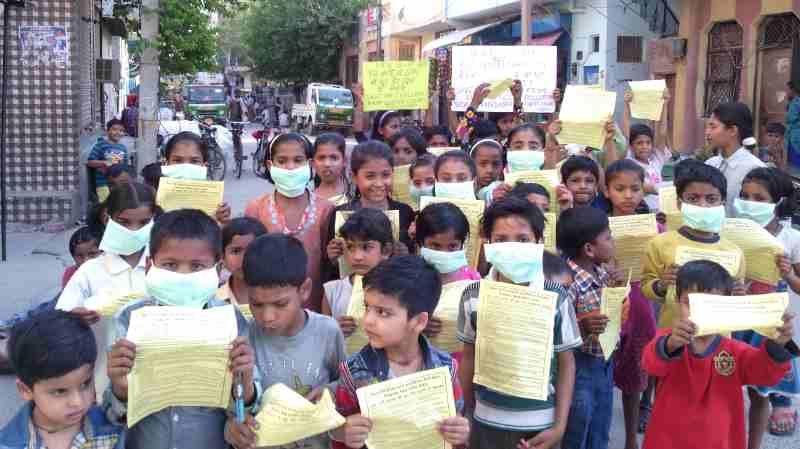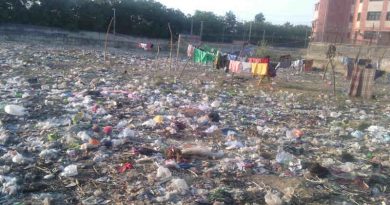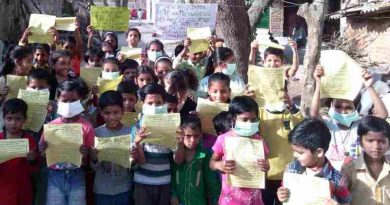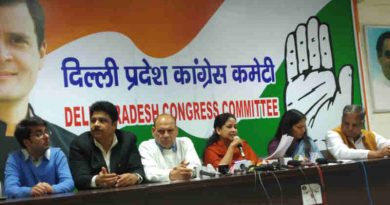Indonesia: 10 Million Children at Risk from Air Pollution

Wild forest and peatland fires across Kalimantan and Sumatra in Indonesia are putting nearly 10 million children at risk from air pollution, UNICEF said on September 23.
Small children are especially vulnerable to air pollution because they breathe more rapidly, and their physical defenses and immunities are not fully developed. It is estimated that 2.4 million children under five live in the areas most affected by the haze and wild fires, which have been burning in Indonesia since July 2019.
UNICEF warns that air pollution affects babies even before they are born. Research has shown that babies born to mothers exposed to high levels of pollution during pregnancy are more likely to experience reduced growth while in utero, low birth weight, and be delivered preterm.
“Poor air quality is a severe and growing challenge for Indonesia,” said Debora Comini, UNICEF Representative. “Every year, millions of children are breathing toxic air that threatens their health and causes them to miss school – resulting in lifelong physical and cognitive damage.”
| Download and Read All Issues of Clean Climate | ||
| November 2018 | December 2018 | January 2019 |
| February 2019 | March 2019 | April 2019 |
| May 2019 | June 2019 | July 2019 |
| August 2019 | September 2019 | |
According to the Ministry of Education and Culture, more than 46,000 schools are currently affected by poor air quality, impacting more than 7.8 million students. Many schools have had to be closed in the most affected areas, depriving learning opportunities from children.
While forest and peatland fires are common in Indonesia during the dry season, the situation is made worse this year because of a combination of factors, including extended droughts and global warming.
“It is vital that families and children receive accurate information regarding their exposure to toxic air pollution, as this will help them to protect themselves,” said Comini.
UNICEF says it stands by the Indonesian authorities and looks forward to cooperating in the development of long term plans to mitigate the impact of this recurring situation on children.

![Children demonstrating in the streets of New Delhi so that the Indian government should protect them from dust pollution, noise pollution, and air pollution of extended FAR construction activity in occupied housing societies. Photo and Campaign by Rakesh Raman [ Click the photo to know the details. ]](https://www.ramanmedianetwork.com/wp-content/uploads/2017/04/dwkpol1-800x445.jpg)


